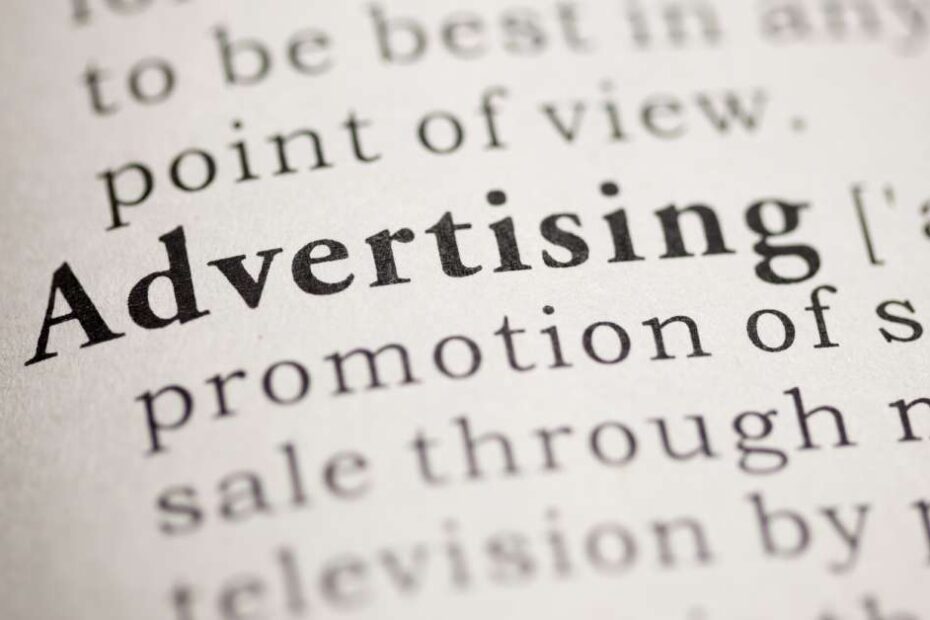Looking back at the history of advertising, one of the most fascinating and impactful stories is how vintage Volkswagen cars impacted advertising. These iconic vehicles weren’t just a driving force on the road; they were also a revolutionary force in the world of marketing.
Volkswagen set a new advertising standard that continues to influence the industry. Explore the importance of VW’s classic car advertisements in the following guide.
The Unique Selling Point (USP): A Popular Idea Still Used Today

A unique selling point (USP) is any factor that separates your product or service from your competitors. USP ads became popular in the 1940s thanks to the boom in production following WWII.
Volkswagen’s approach to the unique selling point (USP) was innovative and clear. Unlike many car manufacturers who focused on performance and luxury, Volkswagen embraced a different USP: simplicity and reliability.
They marketed their cars as practical, affordable, and dependable, a stark contrast to the flashy, power-focused advertising of the time. This USP resonated with a wide audience, including those who valued function over form and those looking for an honest, no-frills approach to car ownership.
This approach to the USP remains relevant today, proving that sometimes the most straightforward ideas are the most effective.
The Role of Advertising Post World War II
The end of the Second World War brought significant changes to the world of advertising. As the economy shifted from wartime production to consumer goods, brands had to adapt to a new landscape.
This new landscape was particularly true for Volkswagen, a company with roots in pre-war Germany. Post-WWII, there was a renewed focus on building trust and reshaping public perception.
VW advertising had to inform, persuade, and engage their target audience. The company rose to this challenge by creating ads with a unique story and lifestyle message. Consumers responded positively to their new advertising methods and pushed VW to the forefront of the auto industry.
Vintage Volkswagen Advertisements
In this unique post-war moment, Volkswagen advertisements capitalized on the societal shift towards practicality and frugality. People were looking for reliable products that offered value for money, and Volkswagen delivered exactly that.
The company’s ads cleverly played on the notion of thriftiness without compromising on quality. By highlighting the car’s durability and cost-effectiveness, Volkswagen successfully positioned itself as the sensible choice for the everyday consumer.
This strategic positioning during a pivotal period in history helped to cement Volkswagen’s reputation and build long-lasting brand loyalty.
The Advertising Agency Behind Volkswagen’s Biggest Ads
It’s impossible to discuss the impact of Volkswagen’s advertising without mentioning Doyle Dane Bernbach (DDB), the agency responsible for creating some of the brand’s most memorable ads. DDB’s innovative approach broke away from the traditional advertising norms of the time.
Instead of using exaggerated claims and ostentatious visuals, they opted for honesty, simplicity, and wit. This approach resonated with consumers and set a new benchmark in the industry. The partnership between Volkswagen and DDB is a testament to how creative collaboration can yield groundbreaking results.
How the “Think Small” and “Lemon” Ads Changed the Advertising Industry

Two of the most iconic Volkswagen ads created by DDB were “Think Small” and “Lemon.” These ads revolutionized the industry by presenting bold, straightforward messages that emphasized the car’s unique strengths and addressed its perceived weaknesses head-on.
Focused on Style Over Performance
“Think Small” focused on the car’s compact size, positioning it as an asset rather than a limitation. The ad turned the conventional wisdom on its head by embracing what others might have seen as a flaw.
This message resonated with a growing segment of the market that wanted something practical and easy to maneuver, especially in crowded urban environments.
Experimented With Unique Heading and Body Text
The “Lemon” ad took a similar approach, using humor and honesty to highlight the rigorous quality control that Volkswagen cars underwent. The headline candidly called the car a “lemon,” a term typically used to describe a defective vehicle.
However, the body text explained that the car was rejected due to a minor flaw that wouldn’t have been noticed by most buyers, thus reinforcing the company’s commitment to quality.
Showed the Impact of Having a Unique Layout
The layout of these ads was another factor that set them apart. At a time when most car ads were crowded with images and text, Volkswagen’s ads were clean, with plenty of white space and a straightforward design. This minimalist approach caught the viewer’s eye and made the ads easier to read and understand, further enhancing their impact.
Revealed the Power and Importance of Logo Placement
Volkswagen’s ads also demonstrated the importance of strategic logo placement. The understated positioning of the logo conveyed a sense of confidence and understated elegance. It let the product speak for itself, a stark contrast to the boastful branding that was common in that era.
Vintage VW Ads: Challenged the Preconceived Notions of What Makes a Good Car
The unique strategies employed by Volkswagen advertisements challenged preconceived notions of what made a good car. Before Volkswagen’s rise, the consensus was that a car had to be large, powerful, and luxurious for consumers to consider it a great vehicle.
Volkswagen flipped these notions on their head by showcasing the advantages of a smaller, more efficient vehicle. They proved that practicality, reliability, and honest branding are more appealing than sheer size and performance, effectively shifting consumer preferences.
M&T Manufacturing: Your Preferred Supplier of Classic VW Parts
For those who’ve fallen in love with the timeless appeal of vintage Volkswagen cars, finding high-quality auto parts is crucial. M&T Manufacturing has built a reputation as a preferred supplier of classic VW parts.
We offer a comprehensive selection of genuine and aftermarket parts, ensuring that your vintage Volkswagen can continue to run smoothly and look its best. Whether you’re restoring a Beetle, a Bus, or any other classic Volkswagen model, M&T Manufacturing is committed to providing the highest level of service and quality.
How vintage Volkswagen cars impacted advertising is a story of innovation, creativity, and strategic thinking. The bold and straightforward marketing techniques used by Volkswagen captured the hearts of consumers and reshaped the advertising landscape. By consistently focusing on their unique selling points and taking advantage of post-war societal shifts, Volkswagen created ads that were memorable and revolutionary.
Whether you’re a marketing professional or a classic car enthusiast, there’s no denying the legacy of these iconic ads. And for those dedicated to maintaining their vintage vehicles, M&T Manufacturing stands ready to supply all the necessary auto parts Volkswagen owners need.
